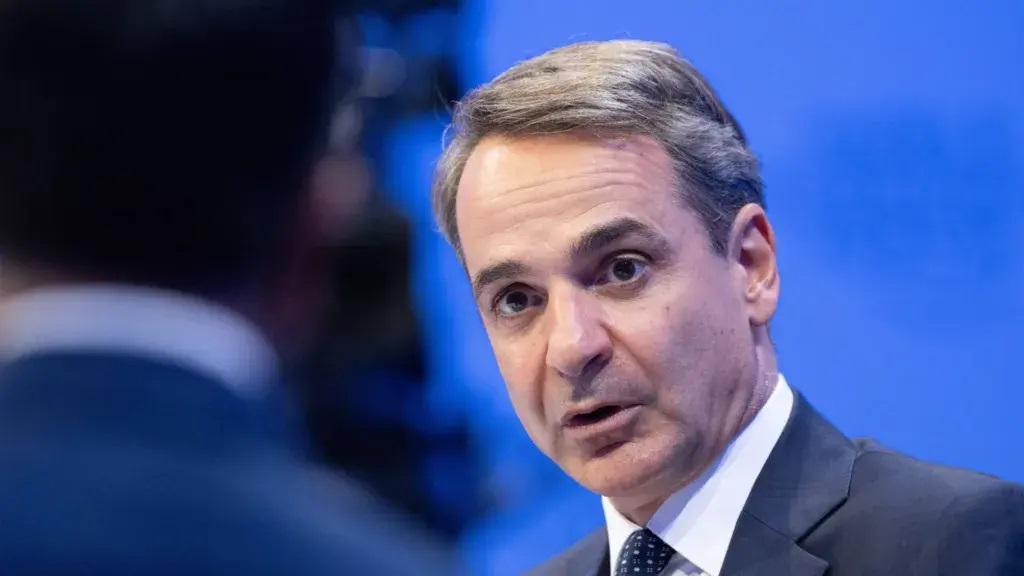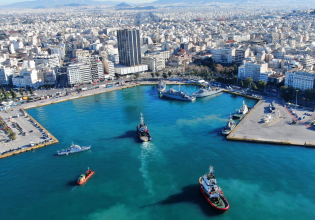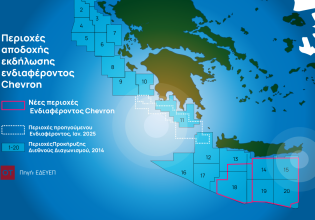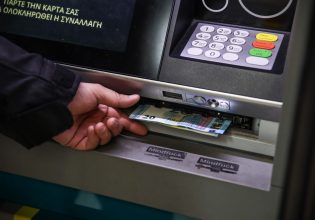Source: tovima.com

PM Mitsotakis Highlights Balanced Budget in Weekly Social Media Review
The prime minister highlights the budget’s fiscal responsibility, as it is nearly balanced.
The Geek Prime Minister Kyriakos Mitsotakis began his weekly review on social media with reference to the state budget of 2025, which was recently submitted to Parliament.
Mitsotakis emphasized that the budget aims to make Greece’s economy stronger and more resilient during these turbulent times. He described it as a socially oriented budget, highlighting permanent positive measures for citizens and businesses totaling 1.1 billion euros more than 2024’s budget.
Key elements include 12 salary increases, 12 tax cuts, 2.3% growth, higher than the EU average, further reduction of public debt, and institutional measures to boost investments, innovation, and tackle demographic and housing issues, along with defense spending and climate change challenges.
The prime minister highlights the budget’s fiscal responsibility, as it is nearly balanced.
With regards to the country’s public debt, he noted that in December, Greece would complete an early repayment of 7.9 billion euros in loans from the first bailout and plans to repay an additional 5 billion euros in loans due between 2033 and 2042 by 2025, bringing the debt-to-GDP ratio down to 147.5%, its lowest since 2010.
Mitsotakis highlighted the positive impact debt reduction has on borrowing costs for the government, businesses, and households, translating to increased investments, employment, and higher wages.
The budget reflects prudent economic management, resulting in a higher primary surplus of 2.5% of GDP compared to the initially estimated 2.1%. Enhanced tax revenues in 2024, driven by reduced tax evasion, higher wages, and lower unemployment, exceeded governments targets, the prime minister claimed.
He further pointed out that these funds have been reinvested in infrastructure, health, education, and support for the vulnerable. Measures like connecting cash registers with POS systems and the myDATA platform have significantly reduced VAT gaps, with further digital tools planned for 2025.
He acknowledged, however, that households still face pressure from inflation and high energy costs. Policies for affordable housing and increased market competition in energy aim to alleviate these issues, with permanent wage and pension increases contrasting with the temporary nature of inflation.
Mitsotakis also emphasized regional cohesion, including a18.5 million euros initiative in Evros to create 600 jobs.
Referring to Greece’s growing appeal to foreign investors he announced two significant investments, namely the French company Data4 which plans a 300 million euros data center campus, and Amazon’s plan to build three large-scale wind farms in northern Greece.
On environmental initiatives, Mitsotakis highlighted the Island Decarbonization Fund to transition islands to renewable energy, reducing electricity costs and enhancing resilience, which will ultimately benefit residents, agriculture, and tourism.
Additionally, he celebrated Greece’s success in waste management, with the island of Tilos winning a European award for its innovative waste program. Mitsotakis also made reference to incentives to attract healthcare professionals to remote areas, aiming to fill remaining vacancies by early 2025.
Finally, he highlighted the “Gigabit Voucher” program, providing households and SMEs with 200 euros vouchers to access high-speed internet connections of at least 250 Mbps.
- Μάρκους Μπεργκ: Τι θα μπορούσε να κάνει στο Τριφύλλι
- ΠΑΣΟΚ στην Κεραμέως: Να δοθούν άμεσα διευκρινίσεις για το νέο επίδομα ανεργίας – Μένουν εκτός μεγάλες κατηγορίες εργαζομένων
- Μοτεγιούνας: «Δεν θεωρώ κήρυξη πολέμου τη συμφωνία της FIBA με το NBA»
- Χανιά: Αστυνομική επιχείρηση για διαφθορά υπαλλήλων – Δύο συλλήψεις για εκβιασμούς και χρηματισμό
- Ναρκωτικά: Αύξηση της χρήσης αποκαλύπτει ανάλυση των λυμάτων – Ποιες χώρες κάνουν… πρωταθλητισμό
- Ευρωπαϊκή Ένωση: Μελετά «παραχωρήσεις» στις ΗΠΑ για να μετριάσει τους δασμούς














